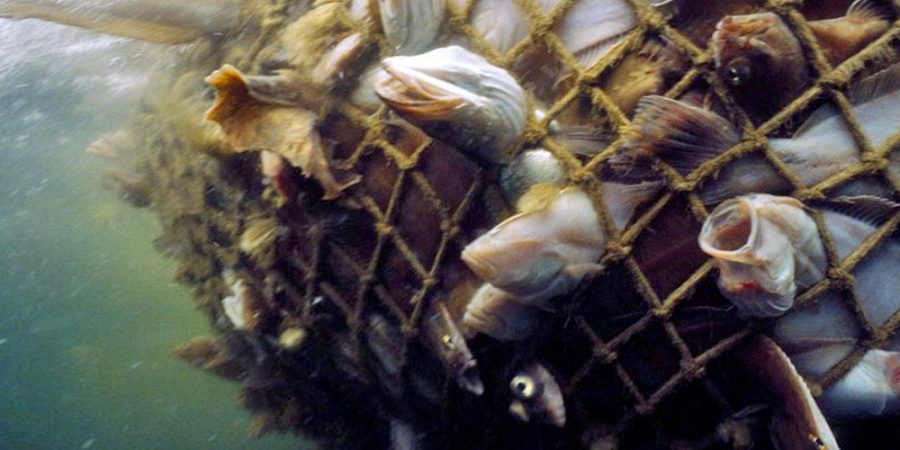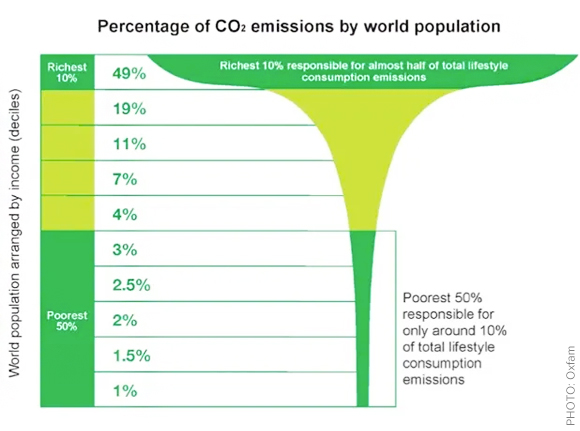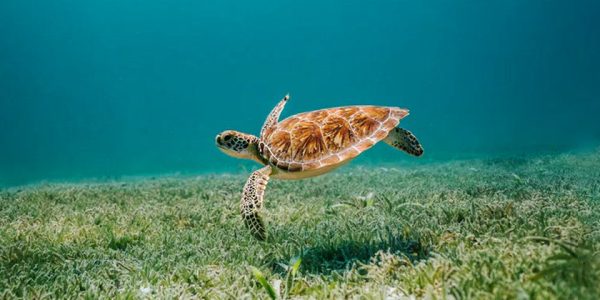But the onus cannot be on consumers alone to change their own habits when the reality is that transitioning to a more sustainable world — and a more sustainable food system — also requires drastic and meaningful change from industries, corporations and governments.
Here’s an idea of what more meaningful actions from the government might look like:
- Transferring subsidies from animal agriculture farms to non-animal agriculture farms.
A Just Transition is a framework of social interventions and processes developed to keep workers’ rights and livelihoods secure when economies transition towards sustainable production systems. The Just Transition framework exists to ensure that the transition is fair and equitable for everyone.
- Ensuring that animal agriculture workers are included in a Just Transition so that they and their communities are protected.
- Increasing the availability and affordability of plant-based food through programs like Meatless Monday, whereby restaurants and other food providers are given incentives to offer more meat-free meals.
- Respecting the leadership and wisdom of First Nations people, who have a unique connection with the land, animals, and plant life, and — having lived in harmony with this land for tens of thousands of years — have a wealth of knowledge about sustainable land management and farming practices.
- Ensuring that plant-based food is available and promoted at government institutions, including hospitals, schools, and universities.
- Funding jobs in the plant-based agriculture sector, which presents huge potential for national economic growth.
A more sustainable world is a kinder world. But the climate justice movement needs widespread public and government support to drive this transition.
Knowing this, we are proud to add our voices to the climate movement’s rising calls for world leaders and governments to adopt policies that protect people, animals, and the planet.
We are proud to stand with the millions of people around the world who are challenging the profit-hungry industries responsible for so much of the systemic animal cruelty we exist to expose and end, as well as the rampant environmental devastation threatening our future.
Supporting the climate movement is not just our responsibility, it’s completely in line with everything (and everyone) Animals Australia stands for.
We support the climate movement because the climate crisis affects all of us. It’s going to take all of us doing our bit — in every way we can — to make a sustainable future a reality.
So what are the most effective ways for each of us as individuals to do our part to help?
We can shift the way we eat. Every day, more and more people are choosing to reduce their impact by cutting down or cutting out meat and dairy, and eating more plant-based food.














